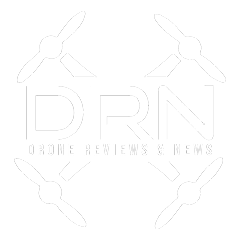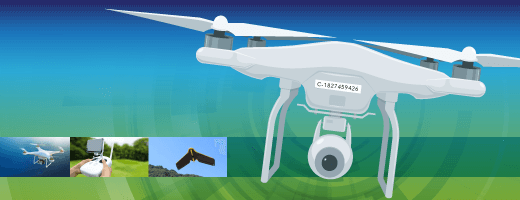Since Canada’s new drone rules came into force 2 years ago, over 50,000 pilot certificates have been issued, all with a requirement to maintain recency within 24 months of issuance. We can tell you that our Canadian readers have definitely been asking how to complete recency requirements for the Basic and Advanced Pilot certificates.
Anyone operating a drone over 250 grams must obtain either an Advanced or Basic Pilot Certificate from Transport Canada and maintain proof of recency within 24 months.
Transport Canada just released a Self-Paced Study Program, in the form of a learning questionaire on general aviation subjects, that satisfies the 24 month recency requirements of CARs 901.
All remotely piloted aircraft system (RPAS) pilots who meet the requirements in CAR 901 are to answer general aviation question 1 to 15 and the following applicable additional questions:
RPAS Basic pilots — questions 16 to 21.
RPAS Advanced pilots — questions 16 to 26.
References are listed after each question, and many of the answers may be found in the Transport Canada Aeronautical Information Manual, while others can be found in the AIP Canada (ICAO).
Access the Transport Canada Self-Paced Study Program here.

Prior to obtaining the Advanced Pilot certificate in 2019, we completed a 5 day RPAS ground school run by CartoCanada, formerly Ukko Canada. Taught by a licensed commercial and private pilot who is also a licensed flight instructor, it was like 9 weeks of ground school condensed into 5 days.
While many RPAS pilots have balked at the regulations and found RPAS training programs unnecessary, our experience in CartoCanada’s program was seriously informative and valuable on many levels. The program provides all the knowledge you’ll need to pass the Advanced pilot exam, but even more importantly is the mindset it helps you develop as an RPAS operator who will be operating in airspace that is shared with manned aircraft.
If you have a business that uses remotely piloted aircraft, you’ll want your operators to complete a course exactly like the one offered by CartoCanada. Not only do you come away from the program with a much greater understanding of the planning and risk-management aspects of RPAS operations, your employees will be noticeably more confident, capable and conscientious operators as a result.
Our week of training with CartoCanada involved not only a thorough review of the CARs Section 9, but we also spent valuable time doing simulated site surveys across a range of challenging locations. And the small class environment provided lots of opportunity for discussion and learning on industry-specific drone applications and situations.

In my program class at CartoCanada there was a journalist, a realtor, two land surveyors, and an engineer which really highlighted the rapid deployment of drones across a range of businesses. Five early adopters of drone technology for their businesses who since been joined by 4,429 fellow Advanced Pilot Certificate holders and 45,641 Basic Pilot Certificate holders flying 52,963 registered drones.
In Canada the RPAS regulations and adoption have advanced quickly, and we have thriving adoption of drones by businesses and individuals across a spectrum of applications.
Have you already completed your 24 month recency requirement? Let us know in the comments how it went.



